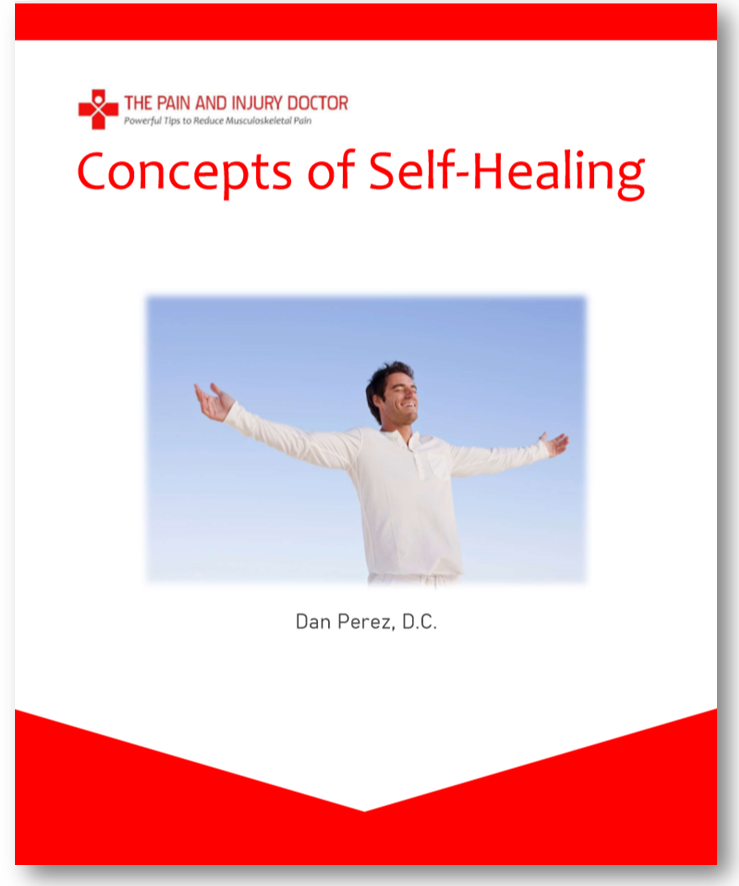
Tips for Protecting Your Mental Health During Bad Times
We’re living in a world where news never takes a break, and thanks to that ubiquitous smart phone, is a second away from our attention. Unfortunately, negative news gets a lot more attention than positive news; not to mention peoples’ own personal struggles. Just as the pandemic was starting to end, war breaks out in Ukraine and now Israel and Gaza. This barrage of negative, unhealthy emotions on the psyche can affect anyone’s mental health, in different ways, in different people.
An unwell mind can breed dysfunction in the body, thanks to the mind-body connection. It can lead to ulcers, high blood sugar, high blood pressure, depression and so on. It is well known that negative mental states are a risk factor for cardiovascular disease.
So if life starts to overwhelm you, take action. Do not let it brew; nip it in the bud. And, engage in practices that make you resilient to anxiety and depression. Here are some suggestions:
15 Habits and Practices to Nurture Mental Health and Wellness
1. Stay Informed but Limit Media Exposure: While it’s important to stay informed about the crisis, excessive exposure to news can increase stress and anxiety. Set specific times to check for updates and avoid constant news consumption.
2. Maintain Routine: Try to establish a daily routine to provide a sense of normalcy and stability. This includes regular sleep, meals, and exercise.
3. Stay Connected: Social support is vital during crises. Stay in touch with friends and family through calls, video chats, or social media. Share your feelings and concerns with trusted individuals. Talking about it with others is like releasing toxic pressure. Give it a try.
4. Practice Mindfulness and Relaxation Techniques: Mindfulness meditation, deep breathing exercises, and progressive muscle relaxation can help reduce stress and anxiety. These techniques can be practiced daily to promote relaxation.
5. Exercise Regularly: Physical activity releases endorphins, which can boost your mood and reduce stress. Even a short walk or home workout can be beneficial. Here’s an example of one that doesn’t require much prep: 25 squats, 50 jumping jacks, and 25 pushups. Just doing that will get your heart rate up, more oxygen to your brain, and even a shot of endorphins.
6. Eat a Balanced Diet: Stress can drive one to reach for junk food and sweets. This can make your stress worse, as you’re not getting essential vitamins and minerals. Proper nutrition has a significant impact on your mental health. Eat a balanced diet with plenty of fruits, vegetables, lean proteins, good fats and whole grains. Try a whey or pea protein shake, too. But, a chocolate chip cookie once in a while is fine, as well as occasional comfort food that doesn’t necessarily quality as “balanced.” Just do in moderation. The “feel good” emotions are worth the calorie hit; just don’t overdo it because you’ll get diminishing returns.
7. Limit Alcohol and Substance Use: Avoid excessive alcohol or drug use, as they can worsen mental health issues. Instead, seek healthier coping mechanisms such as nature walks, hobbies like learning a musical instrument, cooking and gardening.
8. Set Realistic Goals: Break down tasks into smaller, manageable steps. Setting achievable goals can give you a sense of accomplishment and control.
9. Seek Professional Help: If you’re struggling to cope with a crisis, don’t hesitate to reach out to a mental health professional. Many therapists offer remote sessions, making it easier to access support. If you feel your situation is at a crisis-level, the Crisis Text Line is a free service staffed by crisis volunteers.
10. Volunteer or Help Others: Helping others during a crisis can provide a sense of purpose and fulfillment. It can also strengthen your own resilience. There are opportunities for volunteering in just about every town; check with your city hall. Helping others is a nice way to tap into present time consciousness in a world that has many distractions; most of them insignificant.
11. Limit Exposure to Stressors: If possible, try to reduce exposure to stressors that you can control. This might involve temporarily distancing yourself from toxic relationships, social media or other places that cause you to generate negative emotions.
12. Practice Self-Compassion: Be kind to yourself and acknowledge that it’s okay to have moments of difficulty. Avoid self-criticism and negative self-talk.
13. Maintain a Journal: Writing down your thoughts and feelings can be a therapeutic way to process emotions and gain perspective on your situation. Check out this short video by Dr. Benjamin Hardy, an expert on personal growth, where he addresses the mental health benefits of keeping a journal.
14. Stay Creative: Engaging in creative activities like art, writing, or music can be a constructive way to express emotions and distract from stress.
15. Focus on Positivity: Try to find moments of gratitude and positivity each day. This can help shift your perspective and improve your overall outlook.
How Pulsed EMF can benefit Mental Health
Practicing these fifteen habits can help most people keep anxiety and depression at bay indefinitely. For those who feel they need more, you may want to ask your health professional about getting pulsed electromagnetic transcranial therapy (Pulsed EMF for the brain). Studies show that pulsed EMF can be helpful in treating anxiety and depresson, as well as insomnia and mental fogginess.
 Many people are having success self-treating with pulsed EMF, as the products are so safe they can be purchased directly by consumers. You can find examples of pulsed EMF device here. The Diamag is the upper end machine that is specially designed for the head/ brain.
Many people are having success self-treating with pulsed EMF, as the products are so safe they can be purchased directly by consumers. You can find examples of pulsed EMF device here. The Diamag is the upper end machine that is specially designed for the head/ brain.
Remember that everyone’s response to crises is unique. If you can’t get support from people you know, there’s no shame in seeking professional help. Your mental health is important, and seeking help is a sign of strength, not weakness.







